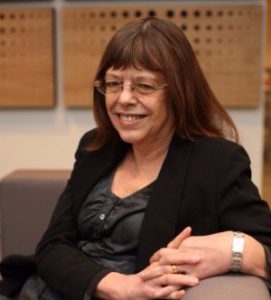
I am writing this on the plane coming back from a two week trip to Australia. There are several things to say. First, Australia is vast – bigger than Western Europe. Consequently it is difficult for people involved in patient and public involvement (PPI) to get together. Second, most social services are provided by the voluntary sector and their sustainability is often in doubt. But third, settled Australians are much like Europeans, which is not surprising given the country’s colonial history. Less than 3% of the population are aboriginal or Torres Strait Island peoples, but they are subjugated by white Australians and their health is very poor. But 50% of the population are first or second generation migrants – many European but also Chinese, South Asian and Indian. The latter are mostly poor. Finally, there is a new financial scheme for disabled people – the National Disability Insurance Scheme (NDIS) – which is a bit like UK personal budgets, but is very controversial.
So with all this, how do people in universities and the voluntary sector engage and involve communities in research? They don’t, very much. Some ‘consumer’ researchers have established relations with community groups and they make a difference I think, but they are very few and not diverse, not people in marginalised circumstance themselves, but those who work ‘for’ them. I did not observe or hear about anything like this newsletter, or our database of small community groups, and certainly not our annual Active Involvement in Research Day (AIRD).
But there is high-level representation. Patients and the public have seats at government committees. There is discontent, though. It tends to be a single individual; they feel isolated and don’t have a community to either speak for or rely on. I met many people studying ‘consumer leadership’, grappling with what this means. I guess we do too but differently.
I spoke at a conference in Melbourne on the National Disability Insurance Scheme. There were politicians who insisted it was going brilliantly or that the glitches were near solutions. The voluntary sector was worried about survival. And the disabled people there were angry and told stories of struggles with bureaucracy and insufficient support. So maybe it was not so different to here, at least as far as the conditions of the lives of people with disabilities and long-term health problems. But then I wasn’t there long and will land back in London in two hours.


Leave a Reply